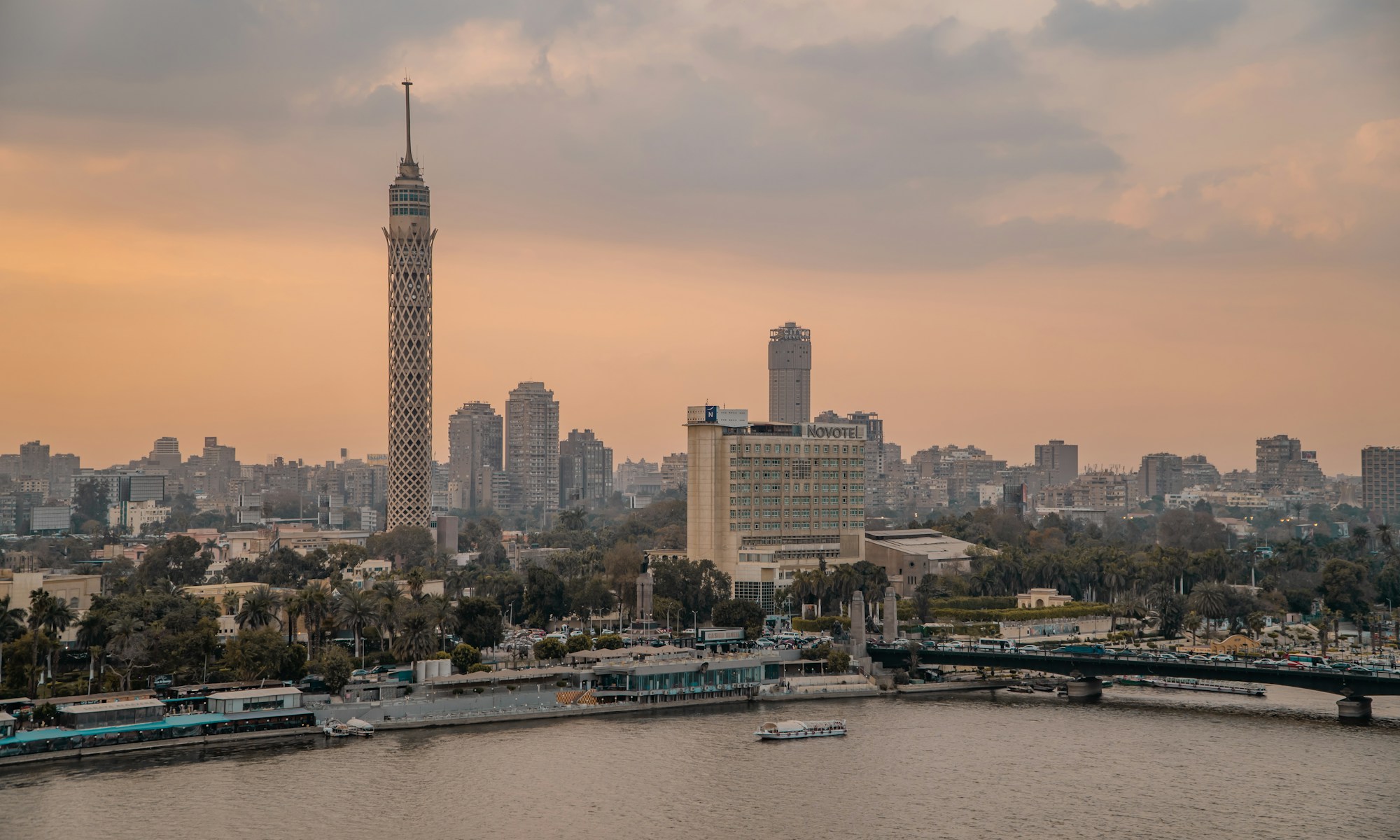11 July 2023 – by Cosmo Sanderson
In the wake of the latest catastrophic sinking of a migrant boat in the Mediterranean, a UN expert has called on countries to stop the “shocking” number of migrant deaths in Europe by providing humanitarian visas to those displaced by the climate crisis.
The international community “must realise its responsibility” to protect people displaced by global warming, says Ian Fry, UN special rapporteur on human rights in the context of climate change.
Fry last month issued a report calling on the UN’s Human Rights Council to submit a resolution to the UN General Assembly, urging it to develop a protocol under a 1951 refugee convention to bolster protections for people affected by the climate crisis.
Until then, he urged all nations to pass laws providing “humanitarian visas” to people displaced by the climate crisis as an “interim measure.”
“The effects of climate change are becoming more severe, and the number of people displaced across international borders is rapidly increasing,” says Fry, a dual national of Tuvalu and Australia who the UN last year appointed as its first special rapporteur on the promotion and protection of human rights in the context of climate change.
In 2020 alone, 30.7 million people were displaced due to weather-related events, says Fry in his report. Droughts, such as that currently gripping the Horn of Africa, which has resulted in the displacement of over two million people, were said to be the “main factor.”
People displaced by climate change face multiple human rights violations including of their rights to “food, water, sanitation, housing, health, education and, for some, their right to life,” says Fry. “We must take immediate steps to give legal protection to these people.”
Among the most recent to pay the ultimate price for trying to seek a better life in Europe were around 600 people who are either confirmed or presumed dead after their overcrowded fishing vessel sank off the coast of Greece in June.
Fry says it is “shocking” to note that, of an estimated 50,000 migrants to have lost their lives or gone missing crossing land and sea borders between 2014 to 2022, “more than half of those deaths occurred on routes to and within Europe, including in the Mediterranean Sea.”
One recent study found that the climate crisis could within decades push billions of people into living in “unprecedented” heat unsuitable for human survival, acting as a massive catalyst for further displacement. UN secretary general António Guterres recently warned that sea level rise alone could lead to migration on a “biblical” scale.












